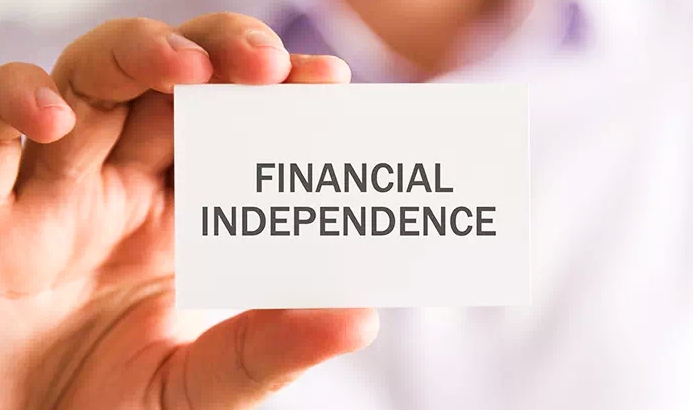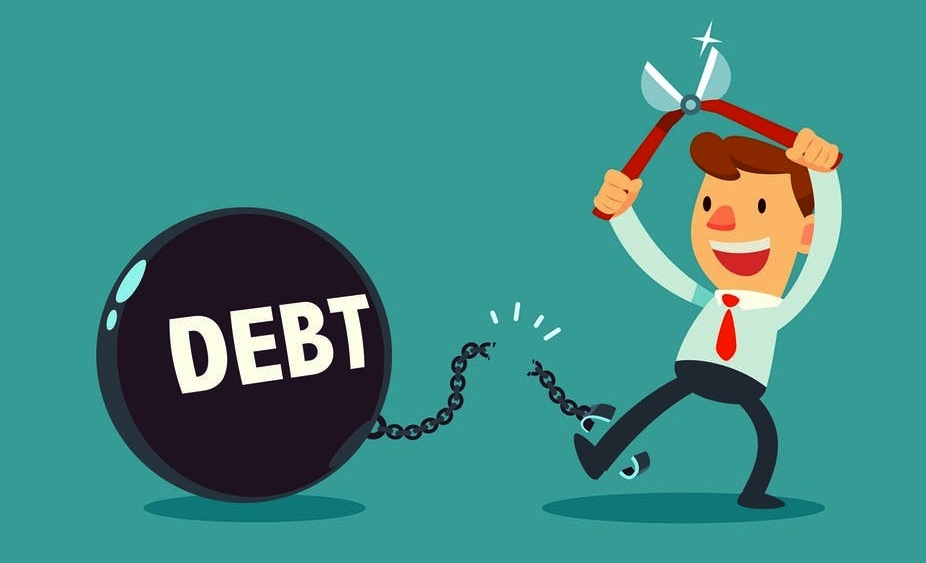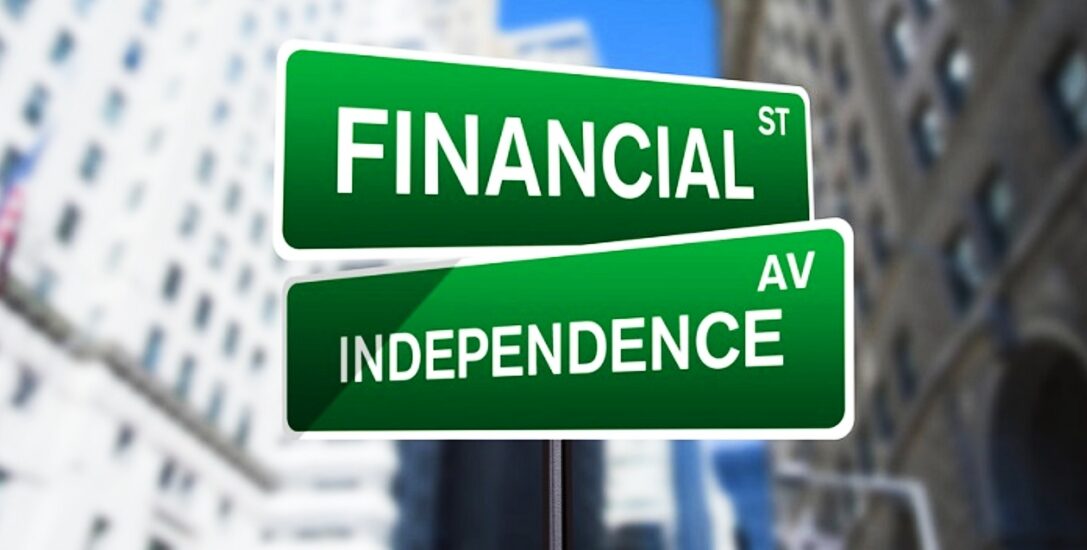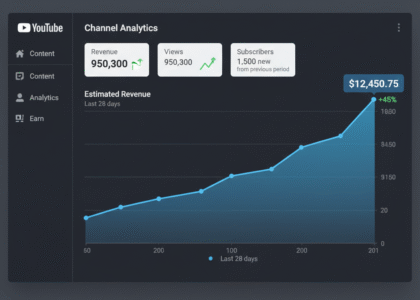Financial independence is the ultimate goal for many individuals seeking control over their money and lifestyle. In today’s uncertain economy, achieving financial freedom is more crucial than ever. Whether you want to retire early, eliminate debt, or simply stop living paycheck to paycheck, having a solid plan can make all the difference. This guide will walk you through smart strategies to attain financial independence and secure your future.
What is Financial Independence?
Financial independence means having enough savings, investments, and passive income to cover your living expenses without relying on a traditional job. When you reach this stage, you have the flexibility to pursue your passions, travel, or retire early without financial stress.
Key Benefits of Financial Independence:
- Freedom to choose how you spend your time
- Reduced financial stress and anxiety
- Ability to retire early or switch to a fulfilling career
- More opportunities to invest and grow wealth
Steps to Achieve Financial Independence

1. Set Clear Financial Goals
To reach financial independence, start by defining your short-term and long-term financial goals. Ask yourself:
- How much money do I need to retire comfortably?
- What are my expected monthly expenses?
- How much should I save and invest each year?
Having a clear vision helps you stay focused and track progress.
2. Create a Budget and Stick to It
A budget is essential for managing money wisely. Track your income, expenses, and savings to ensure you’re living within your means. Use budgeting apps like Mint or YNAB to simplify the process.
Budgeting Tips:
- Allocate at least 20% of your income to savings and investments.
- Reduce unnecessary expenses, such as dining out or subscriptions.
- Follow the 50/30/20 rule: 50% for needs, 30% for wants, and 20% for savings.
3. Build Multiple Income Streams
Relying on a single income source can be risky. Diversifying your income through side hustles, investments, or passive income sources can fast-track your financial independence.
Ways to Earn Additional Income:
- Start a side hustle (freelancing, blogging, or e-commerce)
- Invest in stocks, real estate, or dividend funds
- Monetize your skills through online courses or consulting
4. Reduce and Eliminate Debt

Debt can be a major obstacle to financial freedom. Prioritize paying off high-interest debts, such as credit cards and personal loans, before focusing on long-term investments.
Debt Repayment Strategies:
- Snowball Method: Pay off the smallest debts first for quick wins.
- Avalanche Method: Pay off high-interest debts first to save money in the long run.
- Consider consolidating loans for lower interest rates.
5. Invest Wisely
Investing is key to building long-term wealth. Even small investments can grow significantly over time thanks to compound interest.
Best Investment Options:
- Stock market index funds (e.g., S&P 500)
- Real estate investment trusts (REITs)
- Retirement accounts like 401(k) and IRA
- Bonds and mutual funds
6. Save for Retirement Early
The sooner you start saving for retirement, the better. Contributing consistently to retirement accounts helps you take advantage of compound growth.
Retirement Saving Tips:
- Max out employer-sponsored retirement plans (401(k), pension plans)
- Open an IRA (Roth or Traditional) for tax advantages
- Increase contributions as your income grows
7. Live Below Your Means
Many wealthy individuals achieve financial independence by spending less than they earn. Avoid lifestyle inflation and focus on saving and investing wisely.
Ways to Cut Expenses:
- Downsize your home or rent a more affordable place
- Drive a reliable, used car instead of a new one
- Cook at home instead of dining out frequently
FAQs About Financial Independence
1. How long does it take to achieve financial independence?
The timeline varies based on income, expenses, savings rate, and investment returns. With a high savings rate (50%+), it can take 10-15 years.
2. Can I achieve financial independence with a low income?
Yes! By reducing expenses, increasing savings, and creating additional income streams, anyone can work towards financial freedom.
3. What’s the best age to start saving for financial independence?
The earlier, the better! Starting in your 20s gives your money more time to grow, but it’s never too late to begin.
4. Is investing risky?
All investments carry risk, but diversification and long-term strategies reduce potential losses. Focus on low-cost index funds for steady growth.
Conclusion
Achieving financial independence is possible with the right mindset and strategies. By budgeting wisely, eliminating debt, diversifying income, and investing early, you can build long-term financial security. Start taking small steps today, and enjoy the freedom of financial independence in the future.






